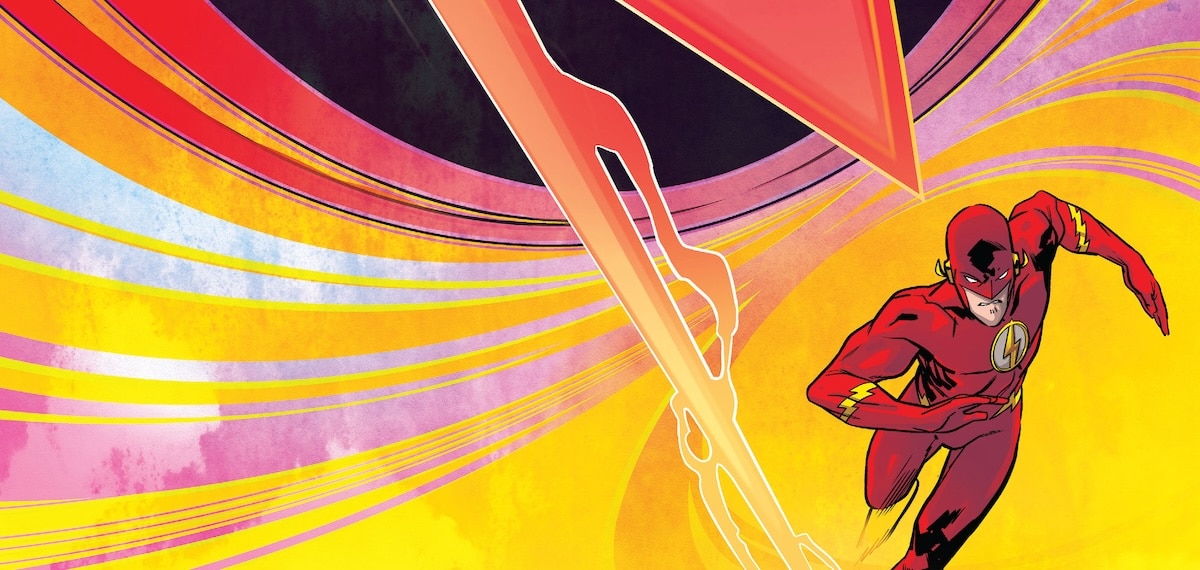Whitney Matheson interviews one of the Top 100 people of 2008, Dash Shaw. This is a long quote, but it’s a good one:
What do you like about publishing online?
Immediacy. Most of the print comics you read are reacting to the climate of the world and life of the cartoonist about a year or longer ago. I started drawing Bottomless Belly Button in March 2005 and finished it a couple years later, and it was published a year after that. I don’t even feel like the same person who drew that book. I feel like the world and I are changing so quickly. I’m finishing BodyWorld in January 2009 and it will be in print in 2010 — will this even be relevant in 2010? I’m sure I’ll start feeling ashamed of it in mid-to-late 2009. With a webcomic I can draw it, scan it — done! I didn’t have to wait on anyone! It has the potential to be totally connected to the current times/self. I can’t recall the last print comic I read that actually felt of-the-moment. So far, comics have always existed in a weird, slightly disconnected time loop.
I like it that in webcomics I don’t have to think about the page, page spreads or page registers. It’s very freeing. I can just tell the story in the little boxes. I like it that there’s no art object. There’s a fetishization of older print formats that exist in the alternative comics community, and webcomics are outside of that. Webcomics and iPhone comics aren’t like print comics, and they shouldn’t try to be. They’re some new thing, and if they’re approached with intelligence and creativity, I think they can be done well. Most webcomics look like print comics to me, just given wider distribution.
For many people, The Perry Bible Fellowship was a webcomic first, and they bought the book because they wanted the webcomic in print form. What I’m saying is this: Webcomics don’t have to constrict themselves to outdated print formats. Print formats now have to accommodate new web formats. I’m not saying that webcomics should replace print, or that every print cartoonist should move to the web. I’m just speaking as a cartoonist who’s worked in both print and web, and found that the web has a lot to offer. I also hope that newer/younger cartoonists who (understandably) don’t want to deal with the publishing game (sending excerpts, e-mailing editors) view the web as a respectable alternative.

4. do you compose the page as a whole or do you focus more on individual panel composition?
well, with the bass ackwards way i’m working now, it seems like i end up spending a LOT of time on just…composing the actual panel BORDERS, as weird as that sounds; i’m thinking about what’s gonna go IN them, of course, but it seems to me like that’s this skeleton of how i’m attempting to lead the reader (and myself) through the page and the story…seems like i spend a lot of time making slight shifts and balances, a little bigger, a litle smaller, to the left, etc etc.
and then there’s always all this tweaking of the compositions within the panels as you go, and…i’m sure any cartoonist will say they try to work the overall page as a design while they work, but… it’s always a balance: try to “design” your pages TOO MUCH, and the storytelling can suffer at the design’s expense. don’t pay enough attenton to the overall design of your page and it can look like unbalanced crud.
i just realized that i should be cartooning instead of writing about it.
too late now; it appears that i’m on a roll.




awesome! Thanks H.!
I would’ve never been able to read that zak sally interview. I’m really mystified by him since I read one of his books. Really great stuff. :)